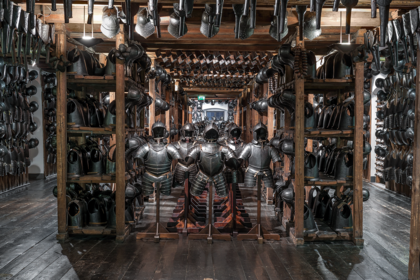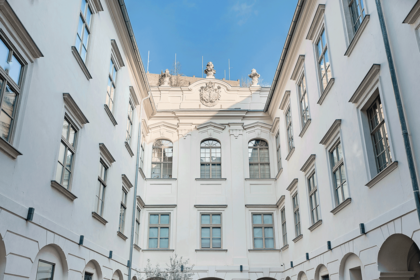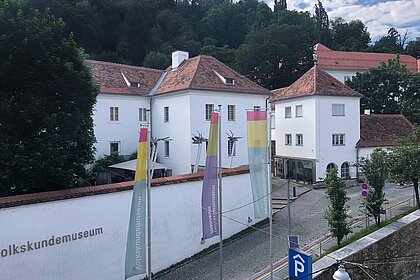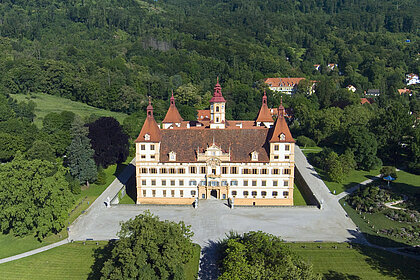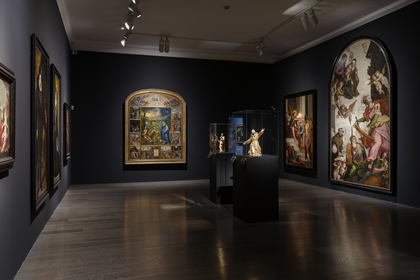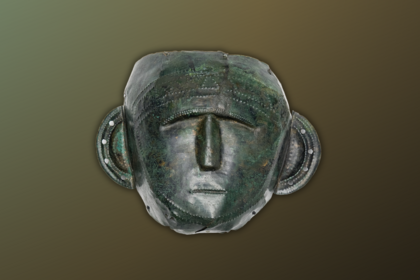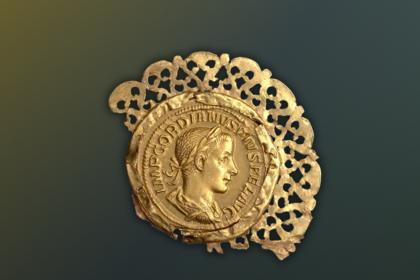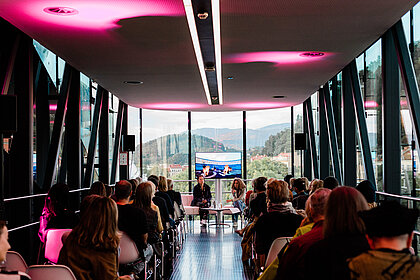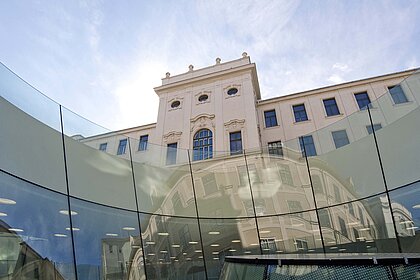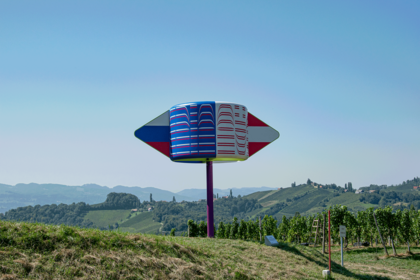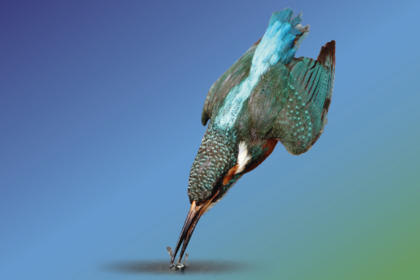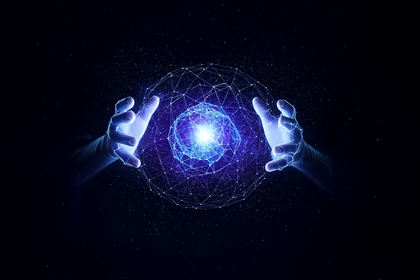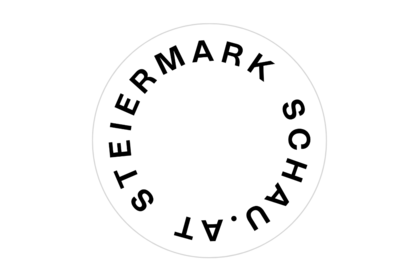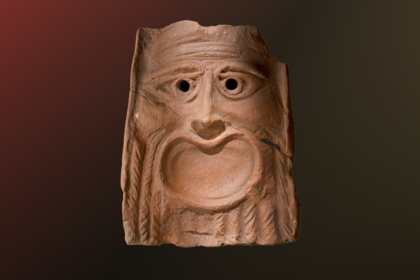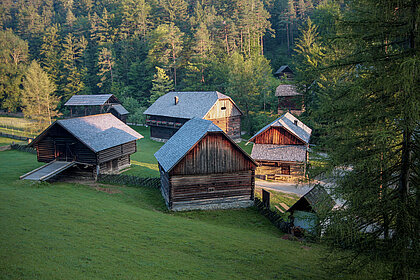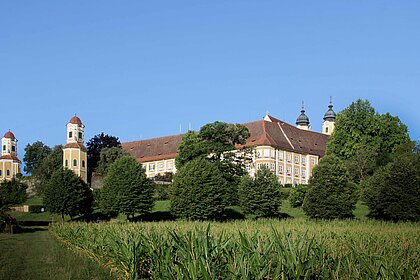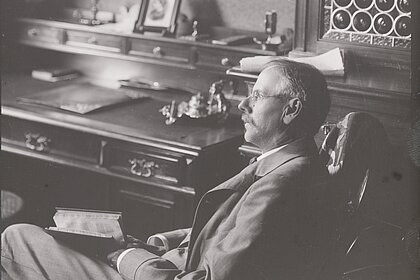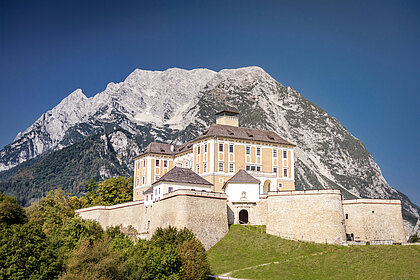All programme items
27.12.2025
11:00 - 12:00
Kunsthaus Graz
Guided tour
Guided Tour
in English
Visit our Friendly Alien to hear more about contemporary art and architecture!
Event details
03.01.2026
11:00 - 12:00
Kunsthaus Graz
Guided tour
Guided Tour
in English
Visit our Friendly Alien to hear more about contemporary art and architecture!
Event details
10.01.2026
11:00 - 12:00
Kunsthaus Graz
Guided tour
Guided Tour
in English
Visit our Friendly Alien to hear more about contemporary art and architecture!
Event details
14.01.2026
5pm - 6pm
Kunsthaus Graz
Guide
Narrative Moments
Literary Tour with Julia Hoydis and Andreja Hribernik
Literary scholar Julia Hoydis (University of Graz) and Andreja Hribernik guide through the exhibition Unseen Futures to Come. Fall from a literary perspective.
Event details
17.01.2026
11:00 - 12:00
Kunsthaus Graz
Guided tour
Guided Tour
in English
Visit our Friendly Alien to hear more about contemporary art and architecture!
Event details
24.01.2026
11:00 - 12:00
Kunsthaus Graz
Guided tour
Guided Tour
in English
Visit our Friendly Alien to hear more about contemporary art and architecture!
Event details
31.01.2026
11:00 - 12:00
Kunsthaus Graz
Guided tour
Guided Tour
in English
Visit our Friendly Alien to hear more about contemporary art and architecture!
Event details
07.02.2026
11:00 - 12:00
Kunsthaus Graz
Guided tour
Guided Tour
in English
Visit our Friendly Alien to hear more about contemporary art and architecture!
Event details
14.02.2026
11:00 - 12:00
Kunsthaus Graz
Guided tour
Guided Tour
in English
Visit our Friendly Alien to hear more about contemporary art and architecture!
Event details
21.02.2026
11:00 - 12:00
Kunsthaus Graz
Guided tour
Guided Tour
in English
Visit our Friendly Alien to hear more about contemporary art and architecture!
Event details
28.02.2026
11:00 - 12:00
Kunsthaus Graz
Guided tour
Guided Tour
in English
Visit our Friendly Alien to hear more about contemporary art and architecture!
Event details
07.03.2026
11:00 - 12:00
Kunsthaus Graz
Guided tour
Guided Tour
in English
Visit our Friendly Alien to hear more about contemporary art and architecture!
Event details
14.03.2026
11:00 - 12:00
Kunsthaus Graz
Guided tour
Guided Tour
in English
Visit our Friendly Alien to hear more about contemporary art and architecture!
Event details
21.03.2026
11:00 - 12:00
Kunsthaus Graz
Guided tour
Guided Tour
in English
Visit our Friendly Alien to hear more about contemporary art and architecture!
Event details
28.03.2026
11:00 - 12:00
Kunsthaus Graz
Guided tour
Guided Tour
in English
Visit our Friendly Alien to hear more about contemporary art and architecture!
Event details
04.04.2026
11:00 - 12:00
Kunsthaus Graz
Guided tour
Guided Tour
in English
Visit our Friendly Alien to hear more about contemporary art and architecture!
Event details
11.04.2026
11:00 - 12:00
Kunsthaus Graz
Guided tour
Guided Tour
in English
Visit our Friendly Alien to hear more about contemporary art and architecture!
Event details
18.04.2026
11:00 - 12:00
Kunsthaus Graz
Guided tour
Guided Tour
in English
Visit our Friendly Alien to hear more about contemporary art and architecture!
Event details
25.04.2026
11:00 - 12:00
Kunsthaus Graz
Guided tour
Guided Tour
in English
Visit our Friendly Alien to hear more about contemporary art and architecture!
Event details
02.05.2026
11:00 - 12:00
Kunsthaus Graz
Guided tour
Guided Tour
in English
Visit our Friendly Alien to hear more about contemporary art and architecture!
Event details
